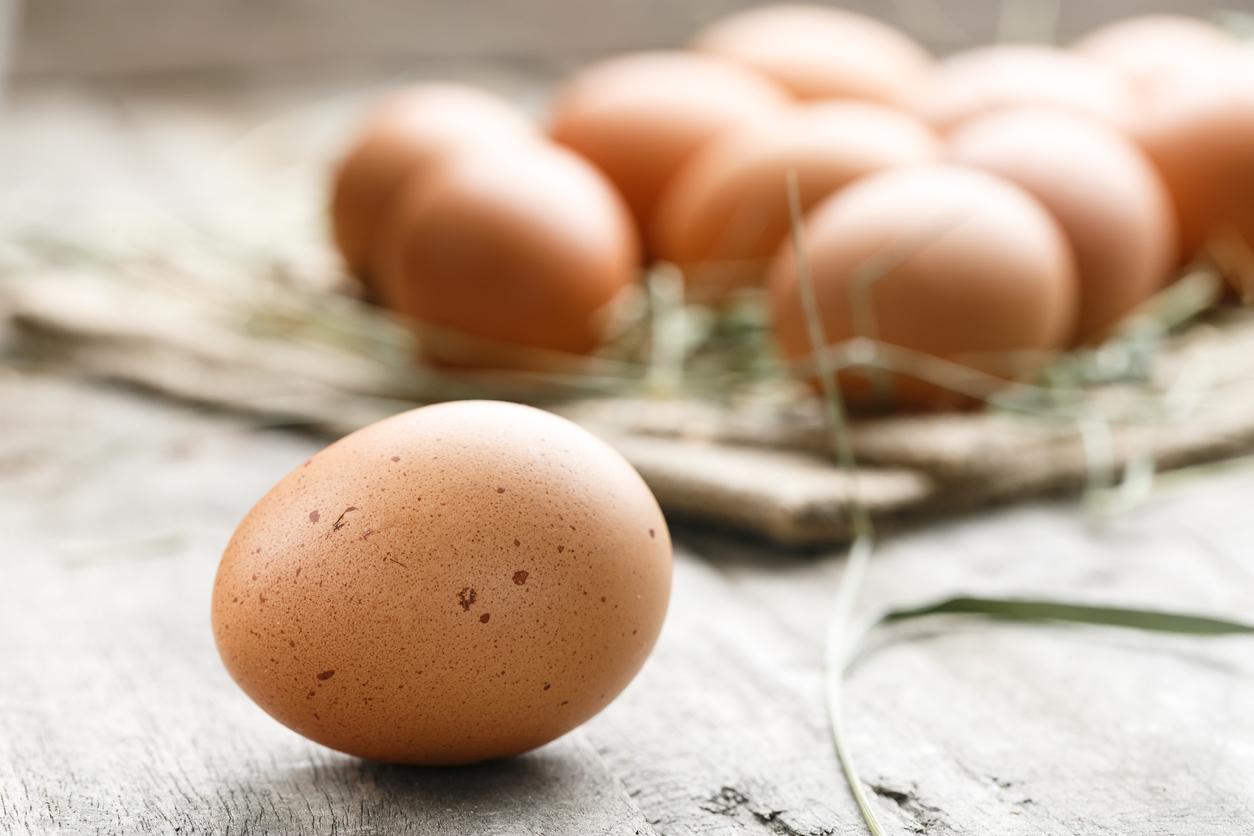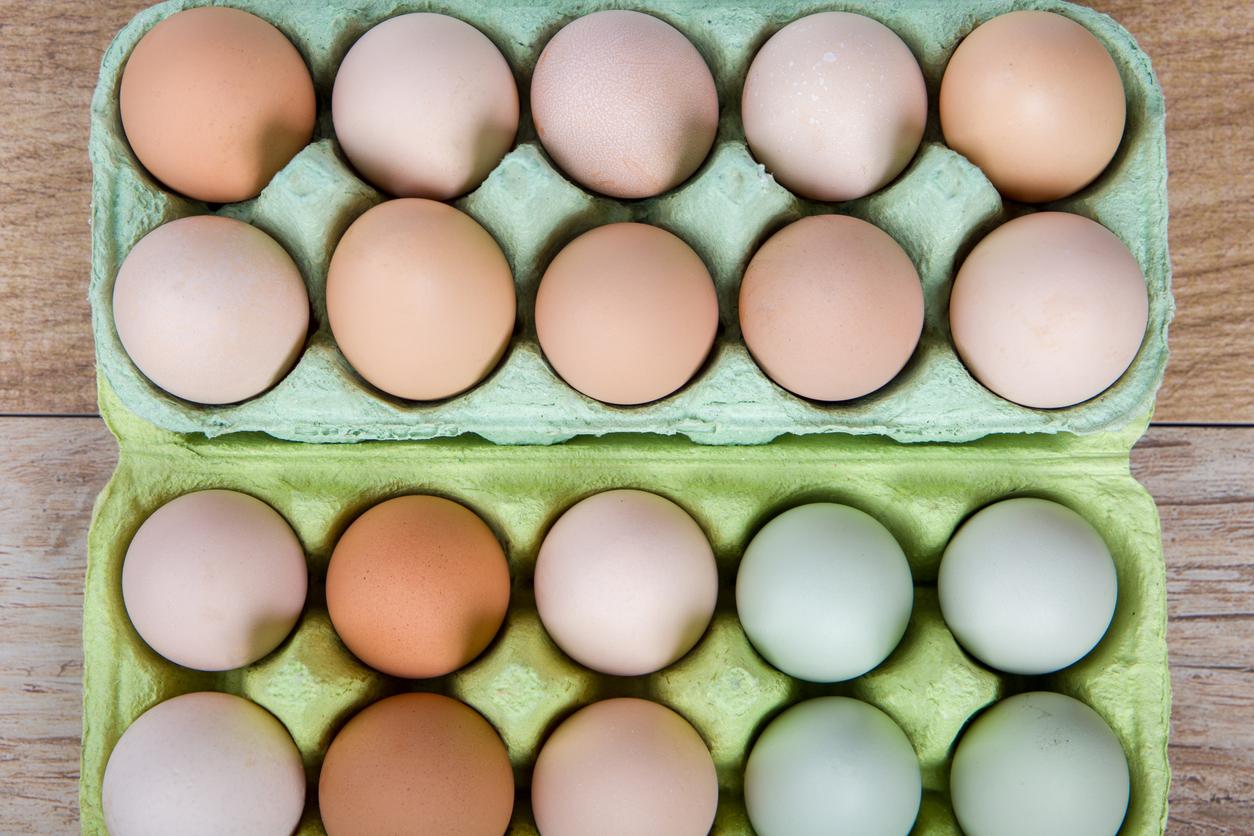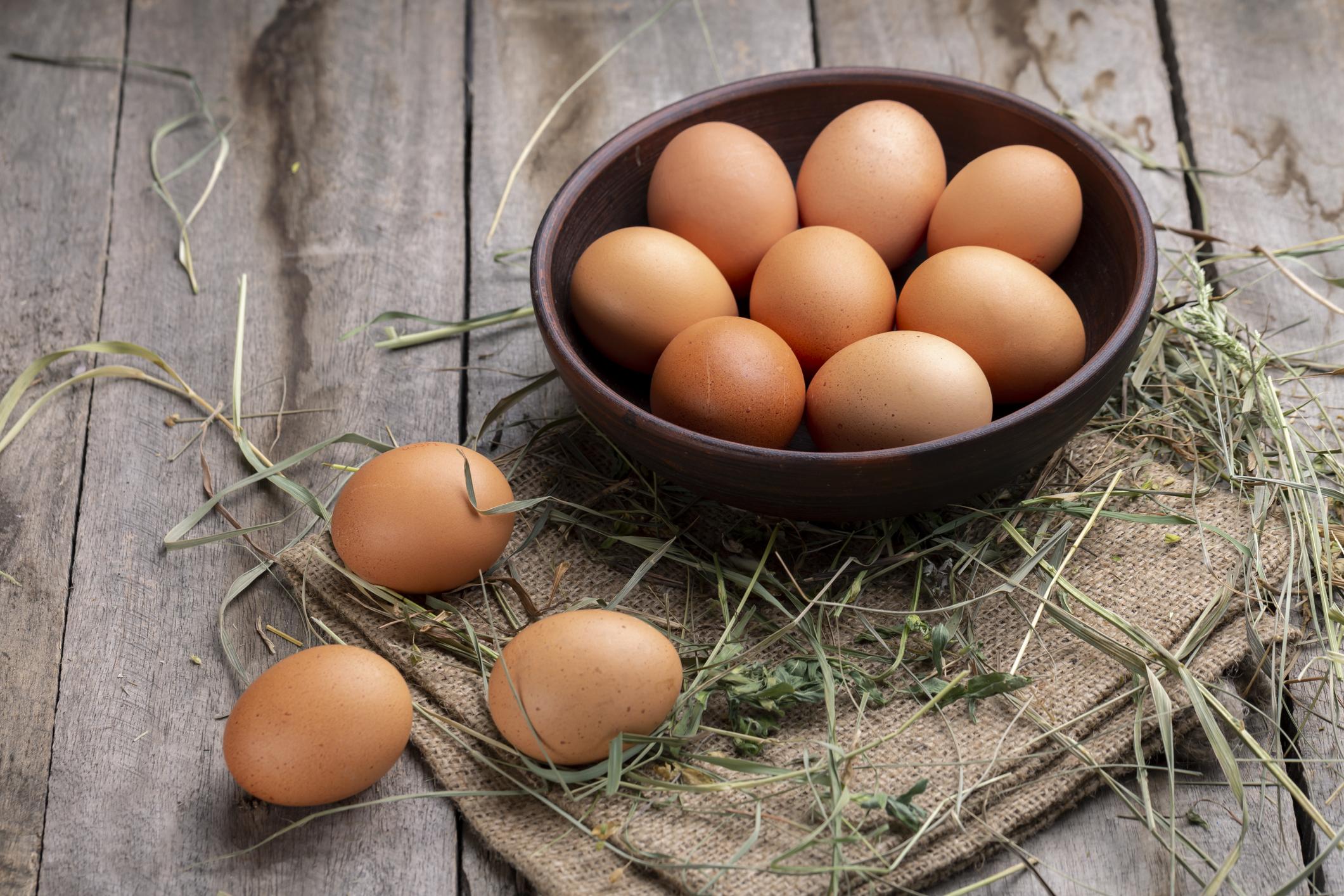Four references of pasta produced in France have been withdrawn from the market because they contain eggs contaminated with fipronil.

The fipronil-contaminated egg scandal continues unabated. This Wednesday, August 23, the Ministry of Agriculture again updated its list of products withdrawn from the market. For the first time, the products concerned are manufactured in France.
These are 4 references of pasta produced in French factories using Belgian or Dutch eggs. All are branded Grandmother and are produced in Marlenheim (Bas-Rhin). There are also dauphine potatoes made in Belgium.
In total, 25 products have been withdrawn from the market because they contain fipronil at a concentration above the regulatory threshold. “Although they do not present a health risk, they are listed for the sake of consumer information”, specifies the ministry on its site.
Prohibited in farms
Fipronil is an insecticide with “moderate” toxicity to humans, according to the World Health Organization (WHO). However, in Europe, its use is prohibited in breeding animals intended for human consumption. It has also been banned since 2013 in corn crops, due to its harmfulness to bees.
In the case of the tainted egg scandal, two companies – one Belgian and the other Dutch – breached regulations by spraying hen cages to fight red mites. Around 20 European countries have imported eggs from these companies, as well as from Hong Kong companies.
In September, a meeting of European Ministers of Agriculture and representatives of food safety agencies will be organized in order to establish responsibilities.
Investigations are underway
In the meantime, the French Ministry of Agriculture is continuing its checks in order to update its list of contaminated products. For the time being, no inspection has identified any products or raw materials containing concentrations above the acute reference dose, “the only one likely to cause serious harm in the event of ingestion of contaminated foodstuffs”, specifies the ministry.
Investigations in French farms are also underway to ensure that breeders do not use this product. As of August 18, of the 2,900 registered French farms, nearly 2,200 responded to the questionnaires and reported not using this insecticide. By August 31, all the farms in the laying sector will be questioned, assures the ministry.
.

















